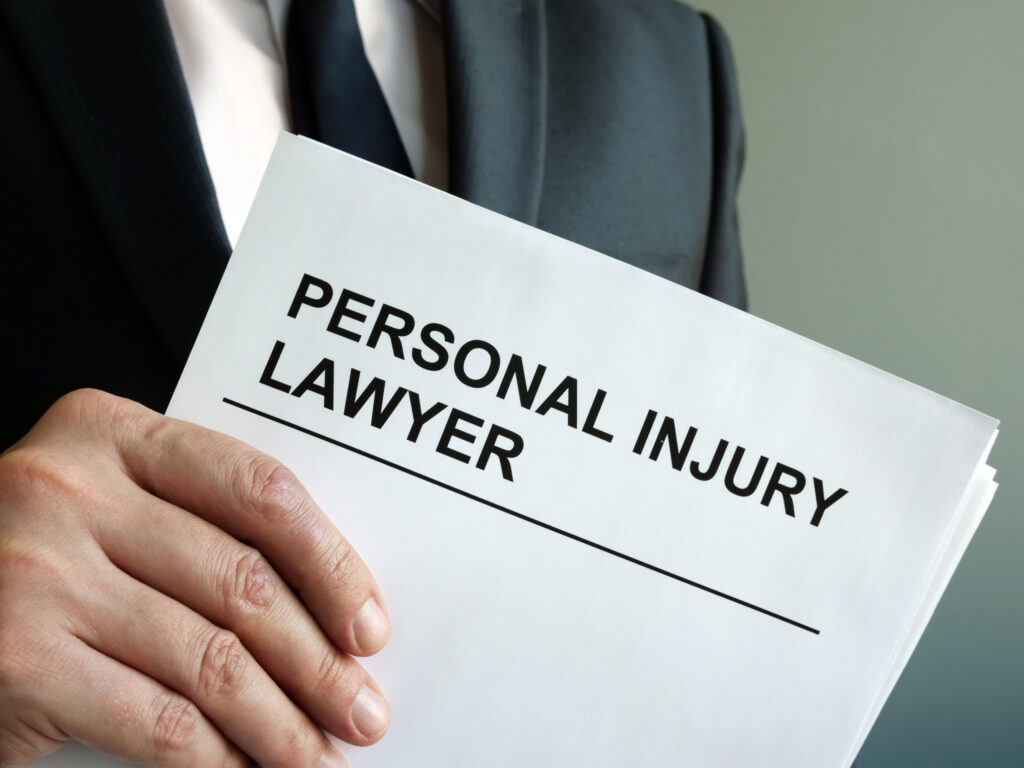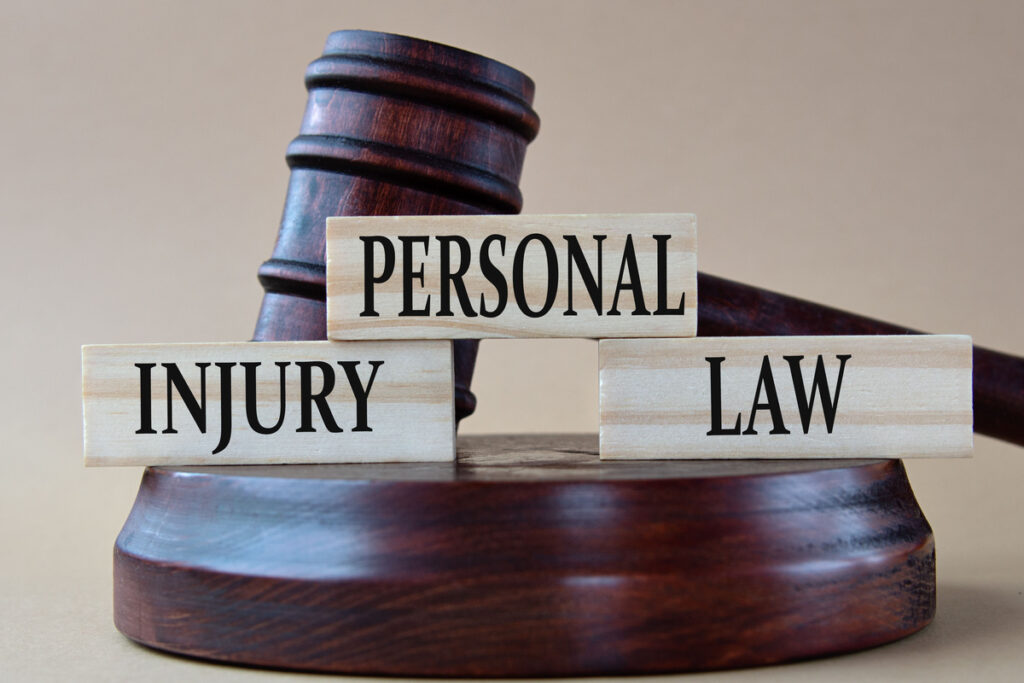Conveyancing Sydney: What You Need to Know Before You Begin
Understanding the basics of conveyancing
When it comes to buying or selling property, conveyancing plays a crucial role in ensuring a smooth transaction. Essentially, it refers to the legal process of transferring property ownership from one party to another. This process involves a variety of tasks that must be executed with precision to protect the interests of all involved parties.
The significance of this process cannot be overstated; after all, property transactions can be complex and laden with legal implications. That’s why having a clear grasp of the conveyancing process is vital, whether you’re a first-time buyer or a seasoned seller.
The role of a conveyancer in property transactions
A conveyancer acts as a mediator between the buyer and the seller, ensuring that all legal requirements are met. They prepare and review legal documents, conduct searches to uncover any issues related to the property, and liaise with relevant authorities. By guiding you through the labyrinth of property law, a conveyancer helps minimise the risk of disputes arising post-transaction.
Furthermore, they offer invaluable advice on the legal ramifications of your transaction, making sure you understand your rights and obligations. This expertise is essential in navigating potential pitfalls and ensuring a seamless experience. A conveyancer will also keep you informed throughout the process, providing updates on the progress of your transaction and addressing any concerns that may arise. Their role is not just administrative; it is fundamentally about safeguarding your interests and ensuring that you are fully aware of every step being taken on your behalf.
Key terms in conveyancing you should know
Familiarising yourself with some industry jargon can make the entire process less daunting. Here are a few key terms:
- Contract of Sale: A legal document outlining the terms agreed upon by the buyer and seller.
- Disbursements: Various costs incurred during the conveyancing process, such as government fees and search fees.
- Settlement: The final stage of the conveyancing process, where the property officially changes hands.
Understanding these terms will not only boost your confidence but also ensure you communicate effectively with your conveyancer. Additionally, it is beneficial to be aware of other relevant concepts such as ‘Title Deeds’, which are the legal documents that prove ownership of the property, and ‘Exchange of Contracts’, a pivotal moment in the process where the buyer and seller are legally bound to complete the transaction. Knowledge of these terms can empower you to engage more meaningfully in discussions with your conveyancer, ultimately leading to a more informed and satisfactory property transaction.
The conveyancing process in Sydney
Conveyancing generally unfolds in two stages: the pre-contractual stage and the post-contractual stage. Each of these has its own set of processes and considerations, and it’s important to understand what to expect at each phase.
Pre-contractual stage: What happens before signing
Before you even sign on the dotted line, several critical steps must be taken. Initially, the buyer will engage a conveyancer to conduct due diligence on the property. This includes checking the title, reviewing the contract of sale, and performing searches for any easements or covenants that may affect the transaction.

In this stage, it’s important to negotiate terms to protect your interests. If the property is subject to zoning regulations, for instance, your conveyancer will ensure that you are informed of any restrictions that may apply.
Post-contractual stage: What happens after signing
Once the contract is signed, the focus shifts to finalising arrangements for the settlement. This involves laying out details such as the settlement date and arranging for funds to be transferred between parties. Your conveyancer will coordinate with financial institutions to ensure that all funds are in place and will also prepare any legal documents required for settlement. Learn more about why Sydney conveyancers are key to stress-free transactions.
After settlement, congratulations! You are now the proud owner of your new property. Your conveyancer will register your ownership with the relevant authority, ensuring that you are the rightful owner.
Costs associated with conveyancing in Sydney
Understanding the costs involved in conveyancing is essential for budgeting accurately. While the fees can vary, being informed will help you avoid any unwelcome surprises.
Typical fees for conveyancing services
Conveyancing fees can typically range from £800 to £2,500, depending on the complexity of the transaction and the conveyancer you choose. It is advisable to obtain quotes from multiple conveyancers to compare services and fees effectively. Remember, the cheapest option isn’t always the best; ensure you are getting good value for your money.
Additional costs you might encounter
In addition to the basic conveyancing fees, other costs may arise. These can include disbursements, which cover things like property searches, stamp duty, and registration fees. Be sure to discuss these potential costs with your conveyancer upfront so that you can budget accordingly.
Choosing the right conveyancer in Sydney
Selecting the right conveyancer can significantly impact your experience during the property transaction. Ensuring that you have a competent and experienced professional by your side is crucial for navigating any challenges that may arise.
Qualities to look for in a conveyancer
When searching for a conveyancer, consider their qualifications, experience, and customer reviews. Look for someone who communicates clearly and is responsive to your questions. A good conveyancer should also demonstrate an understanding of the local property market and its nuances.
Questions to ask your potential conveyancer
Before making your decision, don’t hesitate to ask your potential conveyancer several key questions. Inquire about their fee structure, experience with similar properties, and how they handle communication throughout the process. A well-informed choice will offer you peace of mind during what can often be a stressful time.
Legal aspects of conveyancing in Sydney
The legal environment surrounding property transactions can be intricate, especially in New South Wales. Understanding these legal aspects will empower you during the conveyancing process.

Understanding property laws in New South Wales
New South Wales has distinct laws governing property transactions. This includes regulations around contracts, consumer rights, and mandatory disclosures. Your conveyancer should guide you through these laws and help you comply with all necessary requirements.
How to handle disputes in conveyancing
Should a dispute arise, it’s important to have a plan. Your conveyancer can help mediate disagreements and guide you on the proper avenues for resolution, which may involve negotiation or, in some cases, legal action. Having a knowledgeable professional in your corner will provide you with the best chance for a favourable outcome.









